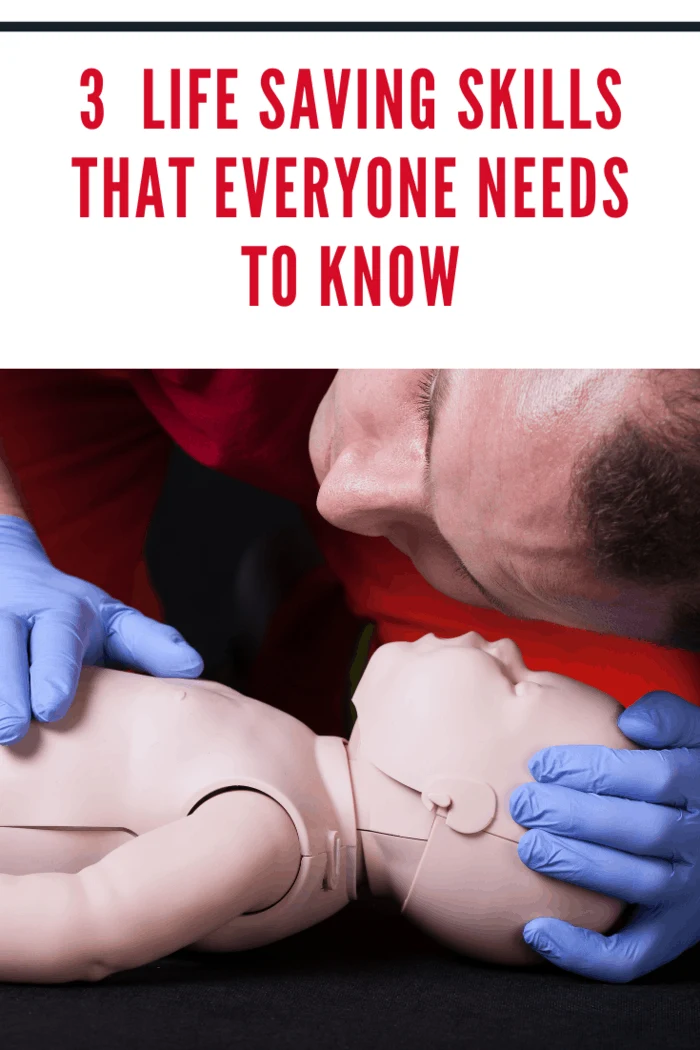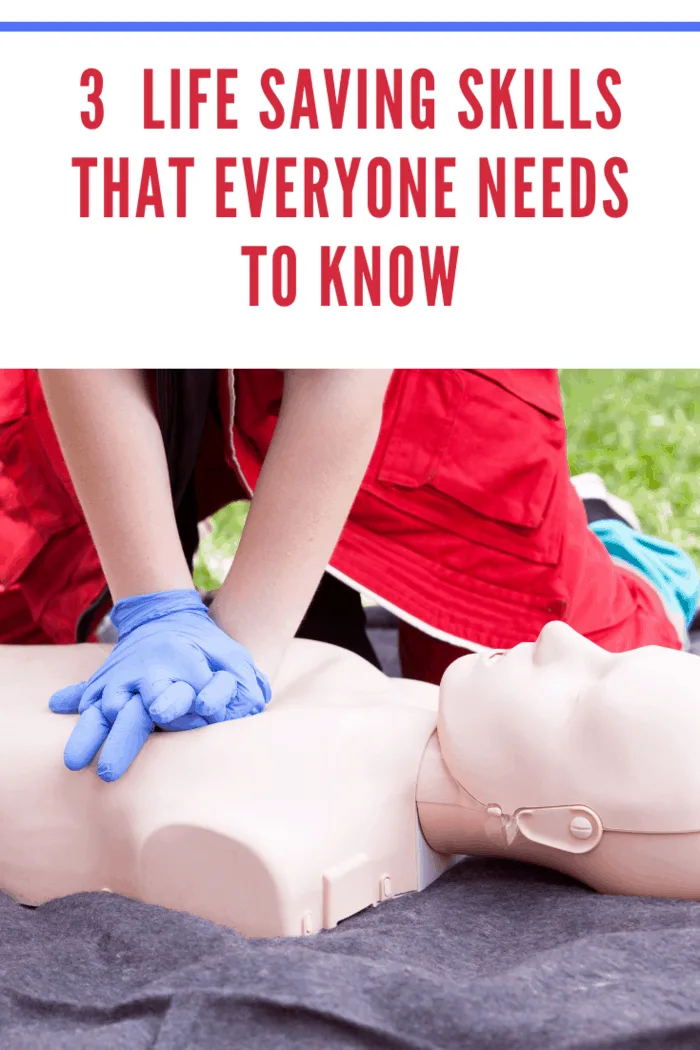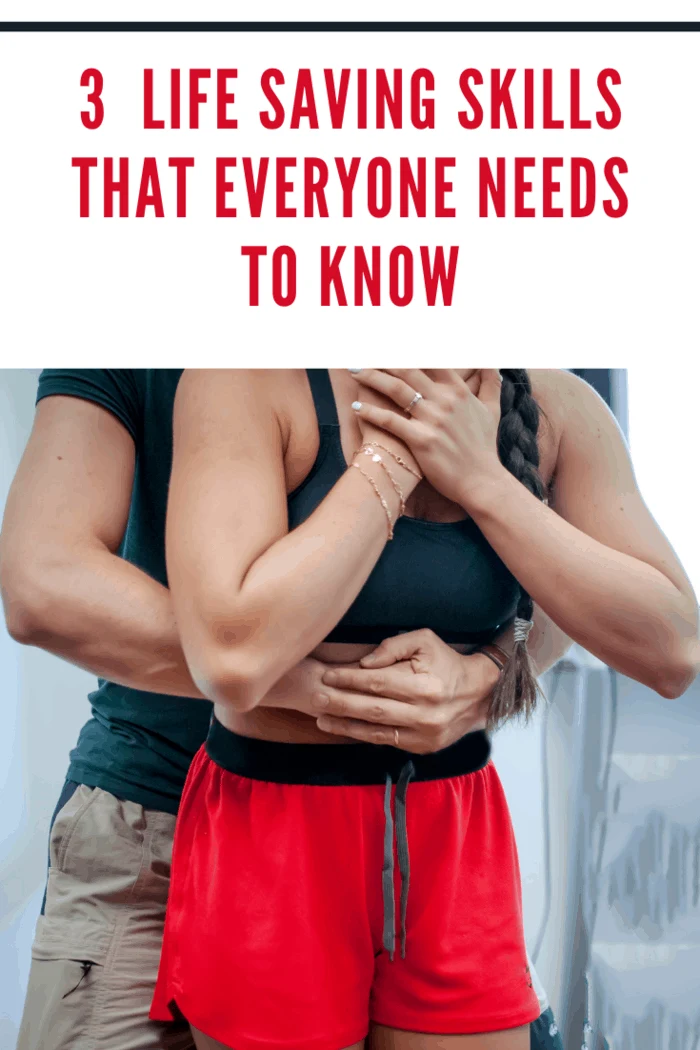If the COVID-19 pandemic has shown us anything, it’s that this world can be a dangerous place and that human life is fragile. While it may be impossible for a single person alone to save the world from an infectious disease, there are many situations where a person with the right skills and knowledge can save a life.
Whether you find yourself at the scene of a car accident or your child has a fall at home, knowing what to do and taking action quickly could mean the difference between life and death. Naturally, in the event of an emergency, your priority should be to find medical support, but knowing to act in the interim could potentially make a huge difference.
For these reasons, it’s wise to empower yourself by learning some basic life-saving skills. With more of us spending time at home under government-imposed lockdown measures, there has never been a better time to get online to do a Basic Life Saving (BLS) course through the Red Cross, Do your research and find an appropriate course provider like Newcastle Training that can provide you with the necessary training including the following skills that everyone should know:
Checking for Signs of Life
Regardless of the type of emergency, it’s essential to know how to check a person for signs of life through their breathing or a pulse. You’ll need to start by checking if the area is safe for approach before kneeling down beside the victim. Try to engage them by talking loudly and watching for signs of movement, especially in the chest area. To check for a pulse, place your index and middle fingers on their inner wrist or on their neck.

How to Perform CPR
When we talk about life-saving skills, one of the first things that come to mind is probably CPR. Knowing how to perform chest compressions can make all the difference for someone who has collapsed or is experiencing cardiac arrest. This is not something that should be performed without formal training.

The Heimlich Maneuver
Be it a child or a fully grown adult, any of us could become a victim of choking at some point, as eating is one of our basic daily functions. It’s only natural that it could go wrong at times. Acting fast to dislodge the object obstructing their airway is key in such situations. The Heimlich maneuver, which requires one to stand behind the victim and deliver five blows to their back or perform abdominal thrusts, is another technique that needs to be learned formally to ensure it’s done properly to prevent any further harm.

Summary
In an ideal world, we’d never need to use these skills. With that being said, it’s not a bad idea to equip yourself with the skills necessary to save a life should you ever be required to do so. These are just some essential techniques you’ll be taught in a good BLS class. Other subjects covered are likely to include how to treat burns, use bandages properly, and stop bleeding. Take the plunge and learn these much-needed and instrumental skills today.
Resources:
